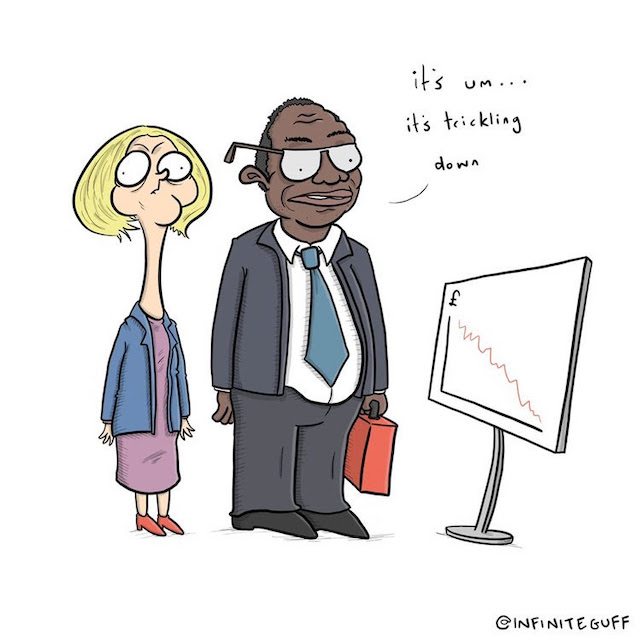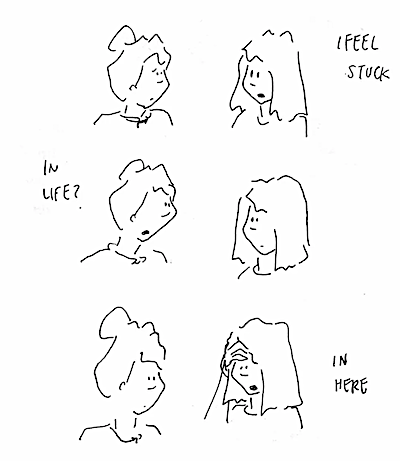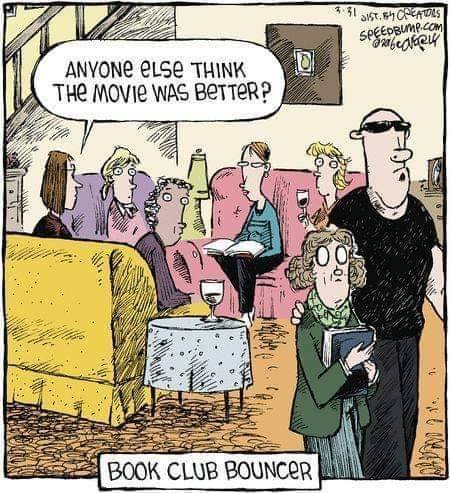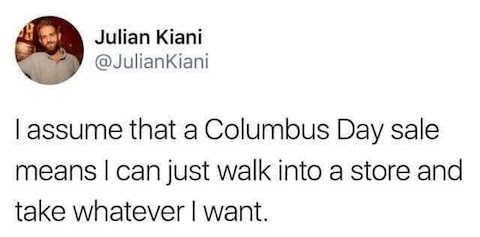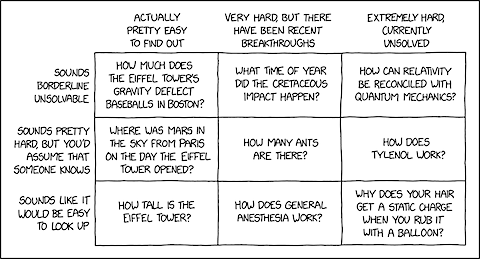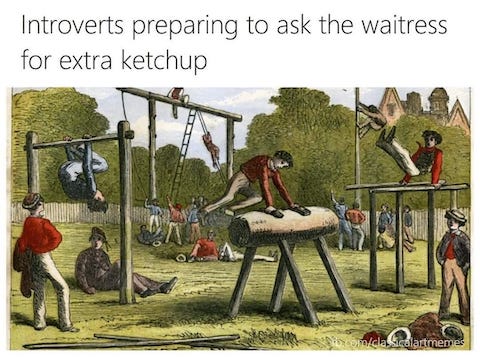
For seven years now, I have been watching/listening to radical non-duality speakers. Although I write about it a lot, I’m really not trying to convince anyone of anything — I’m just trying to sort it out in my own mind. I want to understand how a message that is so useless and so counter to everything I’ve been taught about the nature of reality, can be at the same time so resonant, so compelling.
There are quite a few scientists and science buffs who are starting to write about how this strange message — that there is no free will, no self, no time or space, no thing and no one ‘separate’, and nothing ‘really’ happening — is surprisingly aligned with the newest discoveries and theories in astrophysics, quantum science, and neuroscience.
But while the veracity of this message may be scientifically supportable, and somehow intuited, and even ‘glimpsed’ in ‘moments’ when the self seemingly ‘disappears’, there is no path to actually ‘seeing’ it. There is no way for this creature’s concoction I call my self, to realize the non-existence of itself. The self cannot get out of its own way.
Still, once you’ve been bitten by this message it can be impossible to shake. Somehow, I know it’s ‘right’. So although it’s futile, I keep on trying to make sense of everything that ‘I’ have always thought was true, all over again, on the premise that this message is correct. It’s a frustrating and exhausting process.
The first and easiest step in this process, I think, is the acknowledgement that there is no such thing as free will, and that all our (bodies’) beliefs and behaviours are biologically or culturally conditioned given the circumstances of the moment. We certainly seem to have free will, but there is lots of empirical and scientific evidence that we do not. I did not come to accept this easily, but when I did, it started to seem pretty obvious to me, and to explain a lot of previously seemingly paradoxical and incoherent human behaviours.
Accepting that was rather revolutionary in itself. Our systems of punishment and incarceration, for example, suddenly seemed ludicrous to me. Blaming people for their behaviour suddenly seemed unfair and even cruel. An enormous weight of self-imposed responsibility for my own actions was lifted from my shoulders (after the usual Doubting Thomas skepticism that I might just be using it as an excuse for ‘shirking’ my responsibilities and not taking responsibility for what this body had done).
The next and much more difficult step was acknowledging that there is no such thing as time. Scientifically this isn’t hard to justify — most scientists have acknowledged that time isn’t ‘fundamental’ to the nature of reality and many have conceded that it’s just a mental shorthand, the brain’s way of categorizing its observations. Many scientists are also willing to acknowledge that what we see as a continuity of ‘happenings’ ‘over’ time is also just a convincing illusion — that time is just an order that our brains place our perceptions into, to try to make sense of what appears to be happening. And that our entire sense of our lives, memories and plans has to be reinvented and re-placed in ‘time’ order in the brain, every time we awaken.
But the non-existence of time, for me at least, is much harder for me to rationalize than our lack of free will. Some very basic concepts, like the ‘big bang’, evolution, causality, memory, and our sense of, and preoccupation with, the trajectory of our lives, and our death, all have to be re-thought if we acknowledge the un-reality of time.
My way of doing this is to suggest that perhaps all of these apparent happenings, if they are not ‘real’, are so apparently so that perhaps their ‘actual’ reality is not worth quibbling about. We don’t argue that a film showing us pictures at 50fps is fraudulent because the appearance of movement in it is essentially an optical illusion. When I talk with radical non-duality speakers they don’t seem to care very much whether time is an ‘appearance’ or an ‘illusion’; they just assert that it’s not real. So I kind of put my reservations about this on hold, and go onto the next step.
The third step is a doozy — it’s the acknowledgement that there is no ‘self’, no ‘you’ no ‘one’, no ‘thing’ apart. Everything is nothing appearing as everything. Not only is there no free will, there is no ‘one’ to have free will. Not only is there no time, there is nothing really happening.
Neuroscientists have largely given up looking for evidence of a ‘self’ anywhere(s) in the brain or body; there is simply no physical evidence one exists. And they have also demonstrated that the body kinetically acts on what are its apparent decisions before the ‘decision’ shows up in the brain’s neural pathways, suggesting that the brain is rationalizing the decision as being ‘its’ decision after the fact, rather than making decisions at all. Just ‘making sense of it’ for ‘next time’.
Whether or not you believe neuroscience (which is still mostly quackery, as studies debunking fMRI theories continue to demonstrate), the most compelling evidence for the non-existence of the self is when it apparently completely disappears, with no apparent consequences on the body that that self presumed to occupy.
There are quite a few apparent individuals with no axe to grind who give quite compelling accounts of how their sense of self vanished (for no reason) and how that has not affected their capacity to function at all. They still do the same things and have the same preferences. They just no see that ‘obviously’ there is no self there, or anywhere else, doing anything. It’s all just appearances.
And there are many more, including me, who have had so-called ‘glimpses‘ when the self simply was not there, when an astonishingly different perception of the nature of reality was apparent… until the ‘self’ ‘came back’ and tried to make sense of it. It was absolutely obvious ‘during’ the glimpse that what was ‘seen’ then was how everything really was, and that what ‘I’ had always thought was real was not.
It’s been 6 1/2 years since the last ‘glimpse’. I’m not disheartened by that; as I wrote at the time:
There was no temptation to grasp onto it lest it be quickly lost again. It was clearly always here, everywhere, not ‘going’ anywhere, accessible always. My ‘self’ would have been anxious not to lose it, but my self was, in that moment, not present.
I am, somehow, absolutely confident that ‘this’ is just ‘waiting’ for ‘me’ to get out of the way, so it can be seen.
Still, science is of little help here. It does suggest that ‘self-consciousness’ is completely unnecessary to a full and vibrant (apparent) ‘life’, and that the more-than-human world ‘lives’ in a full, intense way that humans, living through the veil of self, cannot. Most living creatures clearly feel pain and pleasure, fear and anger, for example — you don’t have to have a ‘self’ and a sense of self-consciousness and separation to be sentient — but it seems only humans also feel ‘self-generated’ emotions like hatred, guilt and shame.
Yesterday, I was exercising on a treadmill in our apartment’s gym, listening to a recording of Tim Cliss on YouTube speaking at one of his meetings in Copenhagen as I did so. There were four other people in the gym at the time, all of us preoccupied with what we were doing, though the gym is surrounded by mirrors so you could always see who else was there.
Tim was talking about loneliness, and about the question he often gets about whether ‘without a self’ you feel more or less lonely. The point he made, which stunned me to the point I almost fell off the treadmill, was that the realization that there is ‘obviously’ no ‘you’ wasn’t what was important — in fact the absence of the ‘you’ is not even noticed until and unless there are memories of a time there was seemingly a ‘you’ and all of a sudden the absence of a ‘you’ is noticed.
What was important, however, was that, in addition to there being no ‘you’, it becomes obvious that there is no one else either. That kind of ‘loneliness’ must be shattering. The realization of utter aloneness.
That is not to say that there aren’t conversations and camaraderie (Tim remains somewhat obsessed with golf.) But these are simply conditioned behaviours and responses. There are conversations, laughter, anger perhaps, but they are seen as not being ‘anyone’s’ doing. They are just appearances, what the apparent conditioned body seems inclined to do, without any purpose or reason or meaning. And they are apparent happenings of no one. They entail no relationship with any ‘one’ else. Could anything be lonelier than that?
Tim has two young sons that he adores, but he describes his attentive behaviours with them as if he were describing an adult fox looking after its kits. Instinctive, fully alive, devoted and passionate, yet there is no ‘one’ there.
So now I look around the gym at the other apparent people working out. And I think: I have no problem with there being no ‘me’. But what am I to make of these other intense, sweating bodies not being real either? This gym is actually empty — there is no one here.
There is no one anywhere. There never has been anyone. This was obvious during the ‘glimpses’. I know there is no path to actually seeing this. It makes no sense — how can anything be seen with no seer? But for a brief moment in that gym it was obvious — the room was empty. There were only appearances, reflections in the mirrors.
I know of people who have had a similar moment of frisson — quite often they tell me (as my friend Djô did most recently) that it happens when they are looking in a mirror and suddenly see there is no one looking back — at no one. So I’m standing on the treadmill looking into a wall of mirrors that reflects back multiple times everyone and everything in the room — and for a brief second it is obvious there is no one in the room. No ‘me’, which is perfectly fine (at least so I tell myself), but no ‘one’ else, either. No, no, that can’t be.
And then they were back. And so was I.

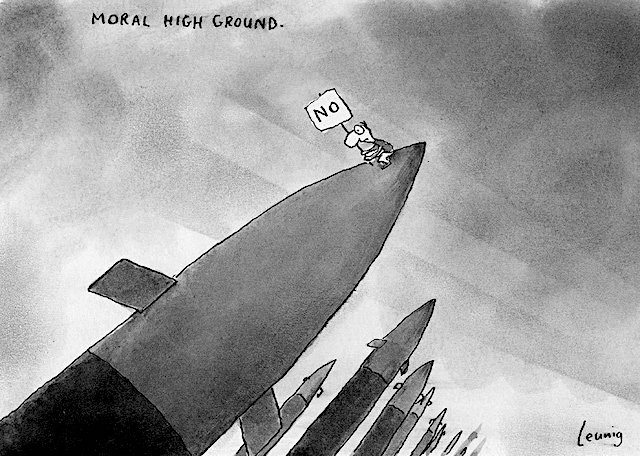
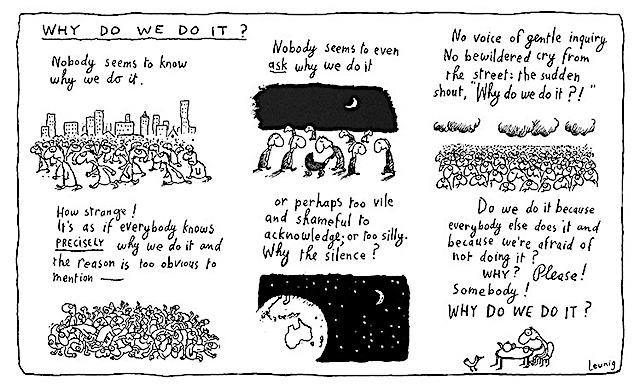

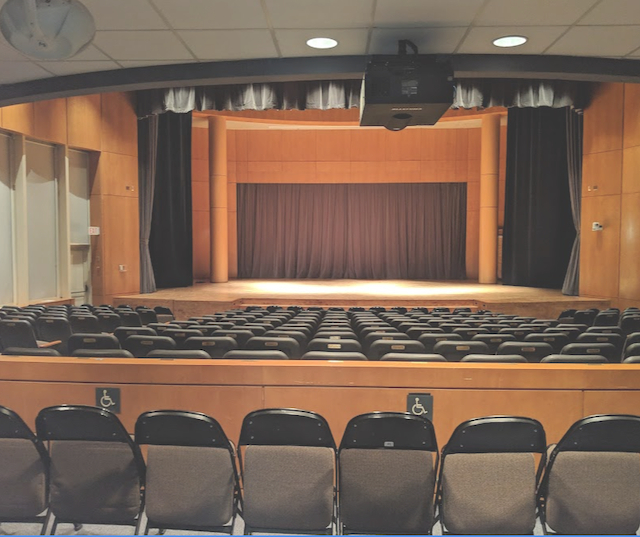
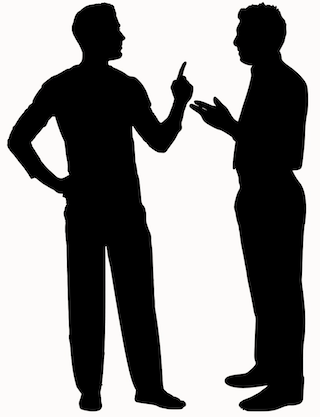 R
R photo by
photo by 
